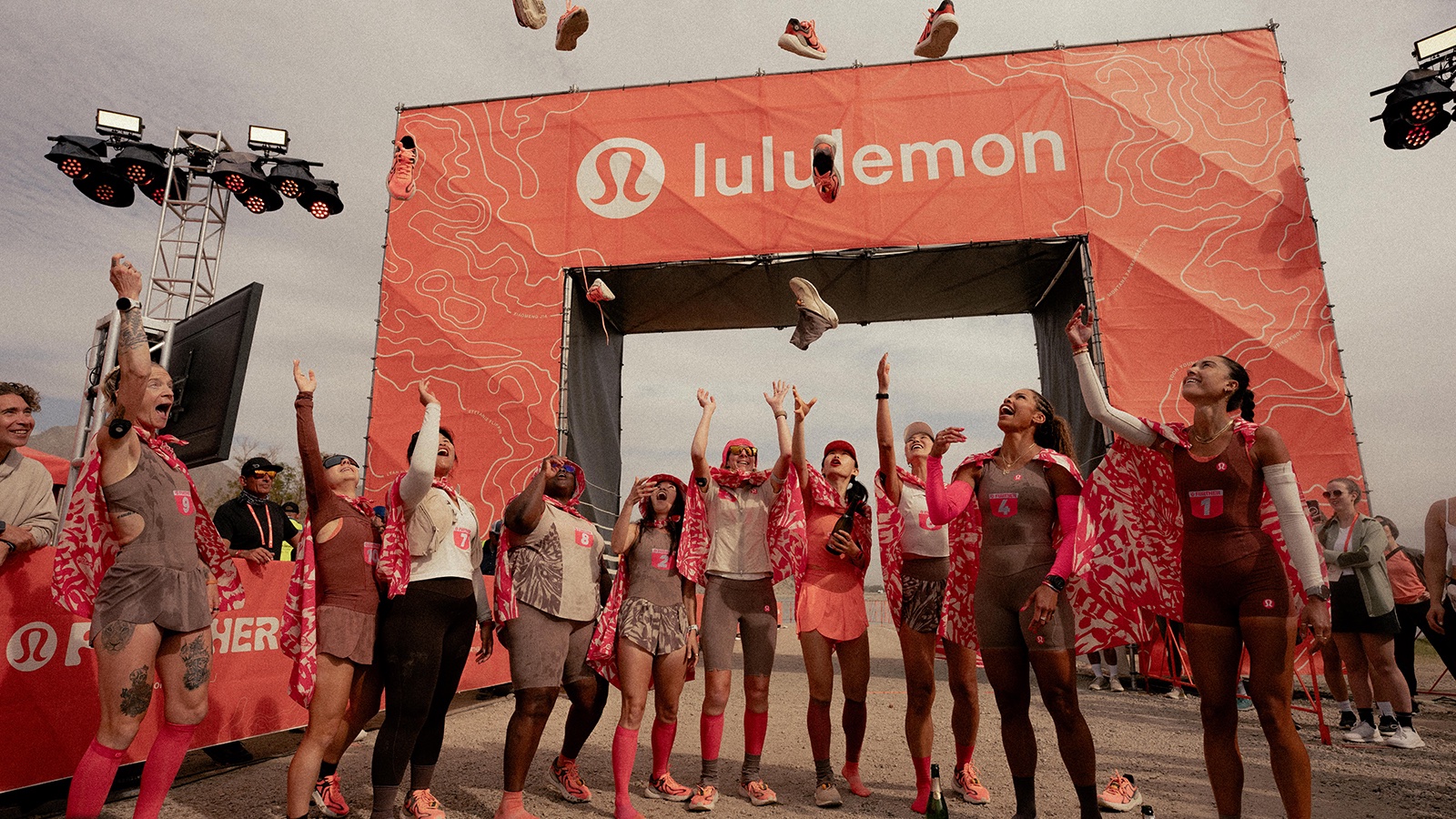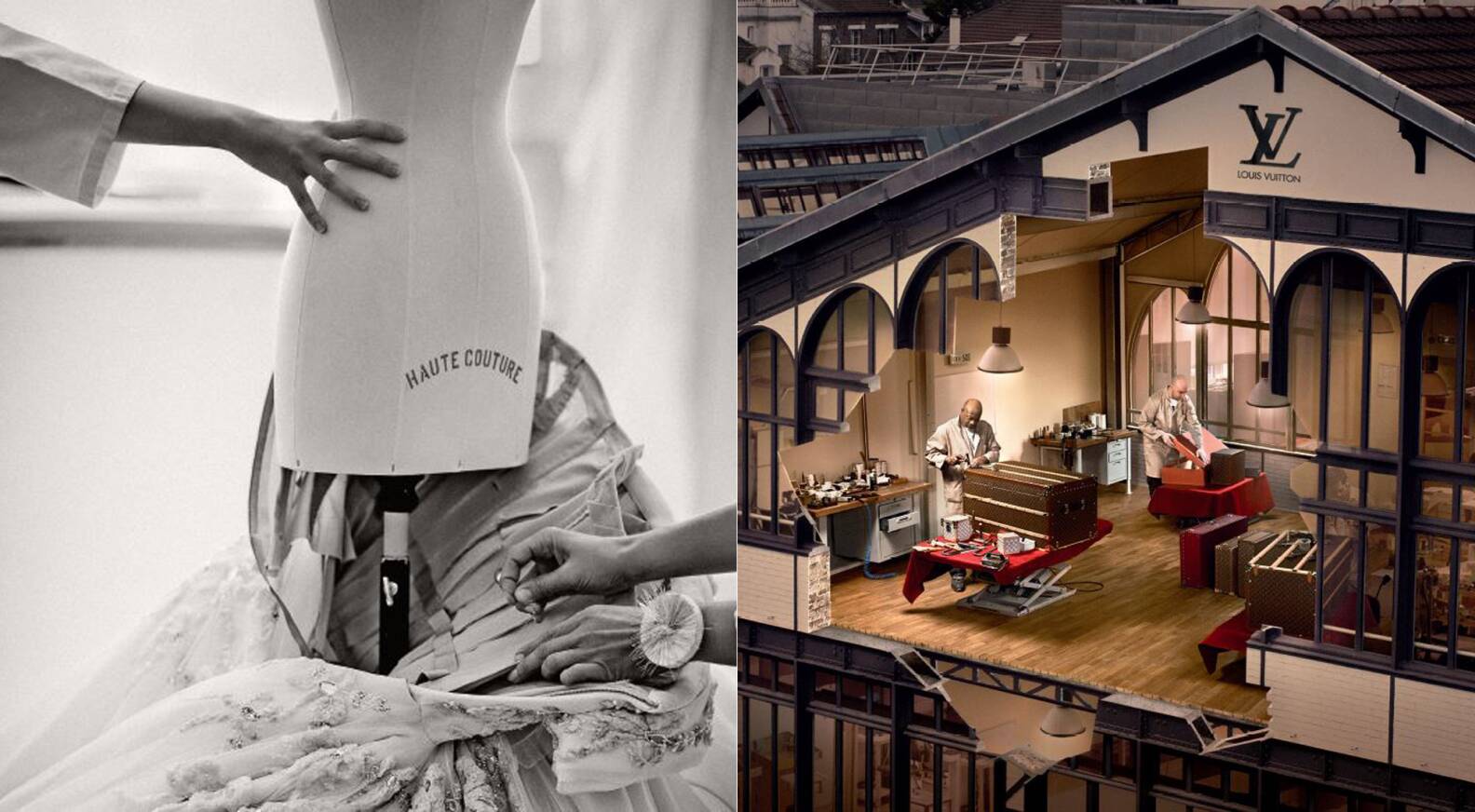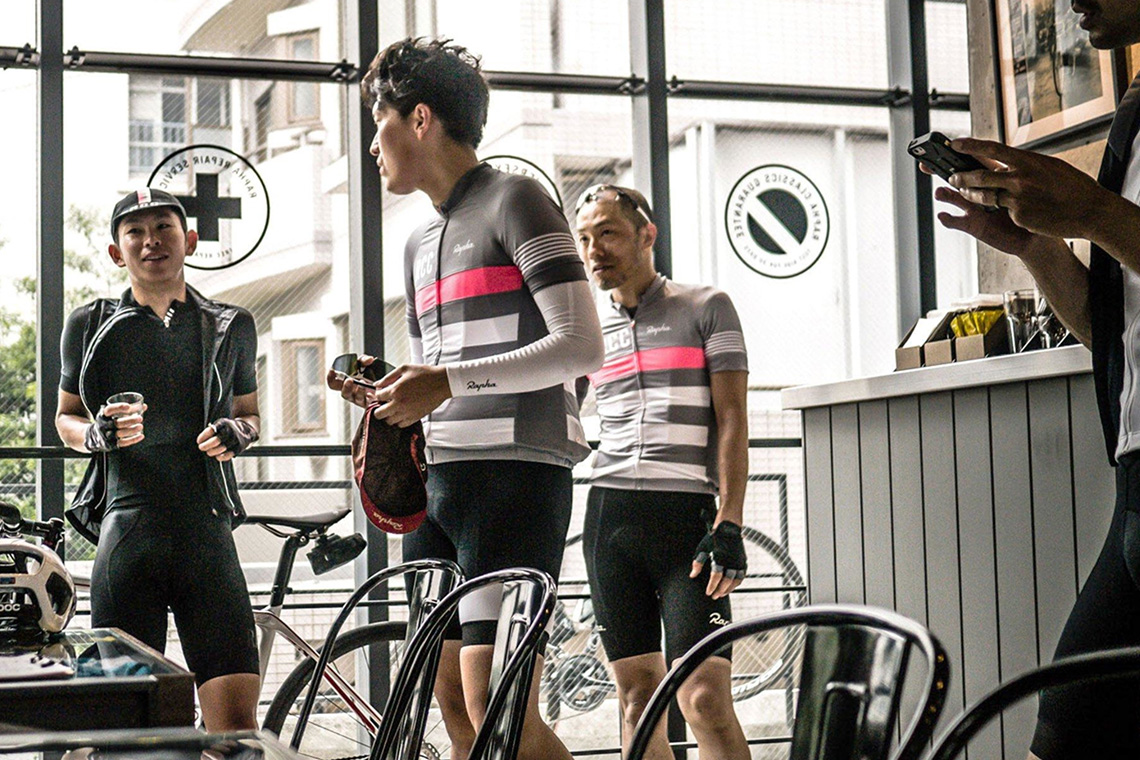The rise of the brand clubhouse
In today’s competitive market, both luxury and premium brands are continually seeking innovative ways to engage with their affluent customers and foster loyalty. One trend that is gaining attention is the creation of brand clubhouses – exclusive, immersive spaces designed to reward loyal consumers and cultivate a community. These clubhouses are not just marketing tools, they represent a significant investment in the brand-consumer relationship, offering personalised experiences that resonate deeply with the target audience.

The concept
A brand clubhouse is a physical or virtual space where loyal customers can gather to experience the brand in a unique and interactive way. These spaces are designed to reflect the brand’s identity, values, and lifestyle, providing an immersive environment that goes beyond traditional retail or online shopping experiences. Clubhouses often offer exclusive access to products, events, and services, creating a sense of belonging.
Why brands are investing in clubhouses
Creating a sense of community around a brand is a powerful way to strengthen customer relationships. Clubhouses serve as gathering places for like-minded individuals who share a passion for the brand, facilitating connections and fostering a sense of belonging. This community-building aspect is particularly valuable in the age of social media, where word-of-mouth and peer recommendations can significantly influence purchasing decisions.
In an era where consumers are inundated with choices, unique and memorable experiences can set a brand apart from its competitors. Clubhouses provide a space for brands to offer exclusive events, workshops, and personalised services that cannot be found elsewhere. These experiences not only enhance the brand’s image but also create lasting memories for consumers.

Louis Vuitton’s Les Journées Particulières
One of the world’s leading luxury fashion houses, Louis Vuitton, has launched the Les Journées Particulières initiative, a series of open house events held at the brand’s ateliers and workshops around the world. These exclusive events offer a behind-the-scenes look at the craftsmanship and creativity that go into each product. Guests can interact with artisans, learn about the intricate processes involved in creating Louis Vuitton items, and experience the brand’s heritage firsthand. This initiative reinforces the brand’s commitment to quality and tradition.
Lululemon’s Community Hubs
Lululemon has created community hubs within some of its stores, offering spaces for yoga classes, workshops, and social gatherings. These hubs foster a sense of community among fitness enthusiasts and provide a platform for the brand to engage with its core audience in a meaningful way. This way Lululemon encourages consumers to become brand advocates.
Rapha Cycling Clubhouses
Rapha, a premium cycling brand, has established clubhouses in key cities around the world, including London, New York, and Tokyo. These clubhouses serve as community hubs for cyclists, offering more than just retail space. They provide a place for cyclists to gather, enjoy coffee, watch live racing events, and participate in group rides. Rapha’s clubhouses also host events, workshops, and exhibitions related to cycling culture. This approach not only strengthens the bond between the brand and its customers but also fosters a global community of cycling enthusiasts.

The future clubhouse
These clubs and venues serve not only as spaces for sales but also as places to experiment with concepts, display a brand’s cultural perspective, and tap into the conversation. This distinction sets them apart from typical stores and even exclusive VIP client locations.
In recent years, brands have expanded their reach through collaborations, developing new lifestyle sub brands, and entering diverse fields such as coffee shops, furniture, hotels, and film studios. Now, they need a unified space to consolidate these ventures. These “clubhouses” prioritise building brand intrigue and loyalty over selling products.
We have seen that many luxury brands struggle to foster an authentic community, frequently mistaking high spenders and paid celebrities for genuine community members. Brands need to find new ways to assess and reward loyalty that go beyond just financial spending. They also need to create systems to effectively recognize truly loyal customers and turn them into brand advocates.
For retail brands to thrive, they must avoid a one-sided brand narrative and instead focus on fostering a two-way conversation that extends beyond just purchasing.
Image Source & Credits:
- Lululemon
- LVMH
- Rapha
